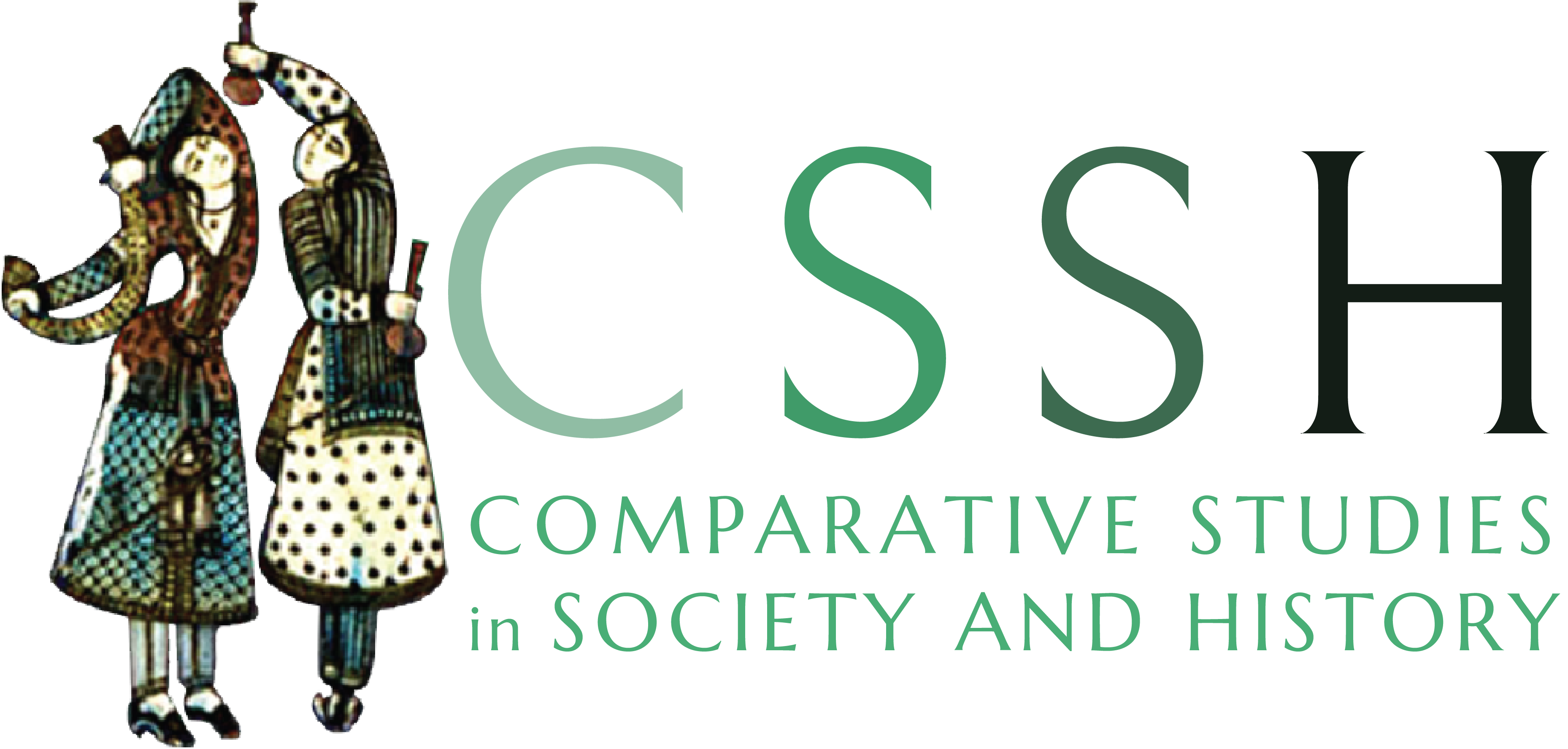Learn more about the authors who published articles in 60-3.

Kate Boehme was employed as a Research Fellow on the Snapshots of Empire project at the University of Sussex (November 2015–January 2017). She is the author of the article “Smuggling India: Deconstructing India’s Illicit Export Trade, 1818–1870” (Journal of the Royal Asiatic Society, June 2015). She holds a PhD in History from the University of Cambridge, for which her thesis analyzed the development of Indian business networks in and around Bombay in the mid-nineteenth century. Kate recently began a Leverhulme Early Career Fellowship at the University of Leicester in September 2017.
Mark Cohen is Assistant Professor of Sociology at the Chinese University of Hong Kong. He writes on historical sociology and large-scale social transformation, focusing especially on the history and development of Japanese capitalism. His published work includes articles on the Meiji Restoration, the economic dynamics of Tokugawa-era Japan, and the long-run social trajectory of the Japanese landlord class. His current book project analyzes rural economic development in Japan and Russia in the late nineteenth and early twentieth centuries as cases of the “problem of the nineteenth century”: the confrontation experienced by most of the world with a geopolitical and world-economic environment increasingly dominated by the capitalist imperial powers.
Alan Lester is Professor of Historical Geography at the University of Sussex, UK, and Research Professor in History at La Trobe University, Australia. He is the author of Imperial Networks: Creating Identities in Nineteenth Century South Africa and Britain (Routledge, 2001); and Colonization and the Origins of Humanitarian Governance: Protecting Aborigines across the Nineteenth-Century British Empire (Cambridge University Press, 2014) with Fae Dussart; and co-editor of Colonial Lives across the British Empire: Imperial Careering in the Long Nineteenth Century (Cambridge University Press, 2006) with David Lambert; Indigenous Communities and Settler Colonialism: Land Holding, Loss and Survival in an Interconnected World (Palgrave Macmillan, 2015) with Zoe Laidlaw; and The East India Company and the Natural World 1600–1850 (Palgrave Macmillan, 2014 ) with Vinita Damodaran and Anna Winterbottom.
Peter Mitchell was most recently employed as Postdoctoral Research Fellow on the collaborative “Snapshots of Empire” project at the University of Sussex’s School of Global Studies. He holds a PhD in English from Queen Mary, University of London, for which his thesis investigated the India Office Records, early modern cultural logistics of empire, and the imperialist historiographies of late nineteenth-century empire. He is a Researcher in Residence at the Ragged School Museum, London, and an Associate Scholar at the Centre for Editing Lives and Letters, University College London.
Gerardo Serra is a research fellow at the Nantes Institute for Advanced Study. Following a PhD at the London School of Economics and Political Science, he was Lecturer in Economic History at the University of Sussex. His PhD thesis was awarded the 2016 Joseph Dorfman Prize from the History of Economics Society. He is currently working on a monograph provisionally entitled Marching with the Times: Economics, Statistics and Political Imagination in Ghana, 1948–1966, under contract with Cambridge University Press.
Stuart Strange is Assistant Professor of Anthropology at Yale-NIS College, Singapore.
Graham Denyer Willis is a University Lecturer in the centers of Development and Latin American Studies in the Department of Politics and International Studies at the University of Cambridge. He is also a Director of Studies in Geography at Queens’ College. His work examines questions of mundane violence, the state, and the practice of political order through everyday mechanisms and practices, especially as they are formatted through the logics of capitalism. His first book, The Killing Consensus: Police, Organized Crime and the Regulation of Life and Death in Urban Brazil (California, 2015) is based on a multi-year ethnographic study of homicide and other detectives in Sao Paulo, Brazil and their investigations and assumptions about ongoing police killings and organized crime. He has published in World Development, Journal of Latin American Studies, Latin American Research Review, Current Sociology, and elsewhere. He is an Editor of the Journal of Latin American Studies.


